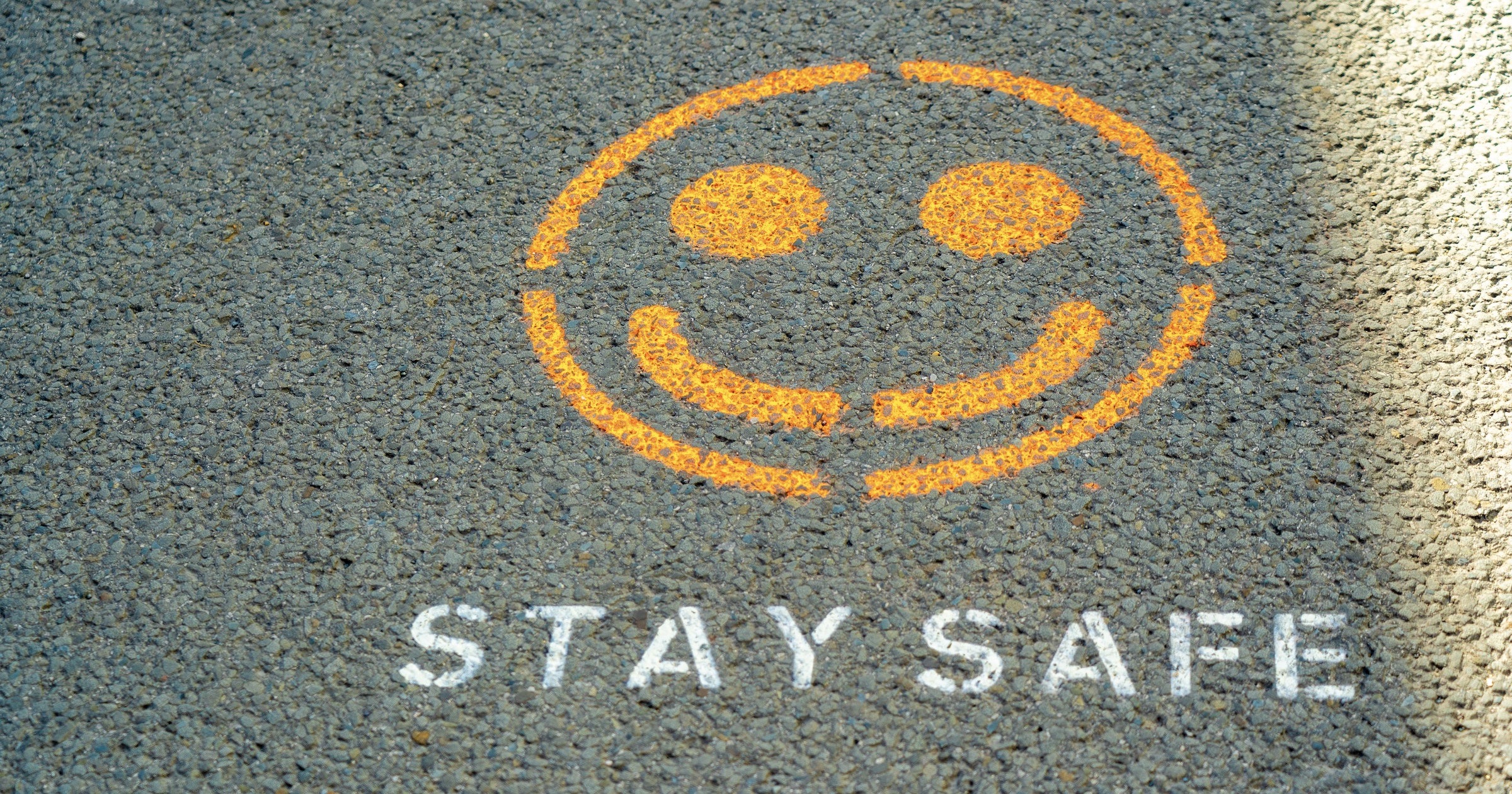 Evolution
Evolution
 Intelligent Design
Intelligent Design
 Physics, Earth & Space
Physics, Earth & Space
Physicist Explains: Why Scientists Play It Safe

We’ve heard variations on this theme many times: “Science rewards overturning established ideas. If there were anything solid behind the challenge to evolutionary theory from intelligent design, scientists would be only too eager to hear about it. That’s how some biologist would win a Nobel Prize!”
The Structure of the Profession
For a variety of reasons, that’s a bogus claim from evolution-defenders. Just one reason is supplied by astrophysicist Paul M. Sutter at Stony Brook University, writing for Undark. He doesn’t address evolutionary biology. But the problem he describes applies to science as a whole. The structure of the scientific profession, as it is today, rewards playing it safe, while avoiding risks at almost all costs. This promotes a stale conservatism, well suited to defending orthodoxies.
From “Risk Aversion Is Ruining Science”:
Astounding leaps of imagination and insight — coupled with a laser like focus on empiricism and experimentation — have brought forth countless wonders of insight into the workings of the universe we find ourselves in. But the culture that celebrates, supports, and rewards the audacious mental daring that is the hallmark of science is at risk of collapsing under a mountain of cautious, risk-averse, incurious advancement that seeks merely to win grants and peer approval….
Ah, But What About Tenure?
Isn’t a tenured position supposed to provide career security and thus the freedom to think write, and act boldly? It seems not.
[S]enior scientists — now that I number among their ranks — confide that their top priority is in achieving deltas: a physics jargon word that they use here to refer to tiny, incremental advances of their current research. They quietly concede that the tenure system, designed to give academics the freedom to safely explore new directions, rarely serves that purpose.
Toadying is the name of the game:
It’s also easy to fall into a trap of conformity. Graduate students work on the problems that their advisers find interesting, almost always probing a specific sub-problem of a much larger domain; junior scientists, under pressure to please the senior scientists who make grant and tenure decisions, opt for small, incremental advancements of existing knowledge over risky, high-payoff research lines; even senior researchers tend to choose research directions that their peers will approve of.
His conclusion: “This culture of risk-aversion is putting science itself at risk.” Yep. This is not news, but it’s helpful to hear it from an insider.
